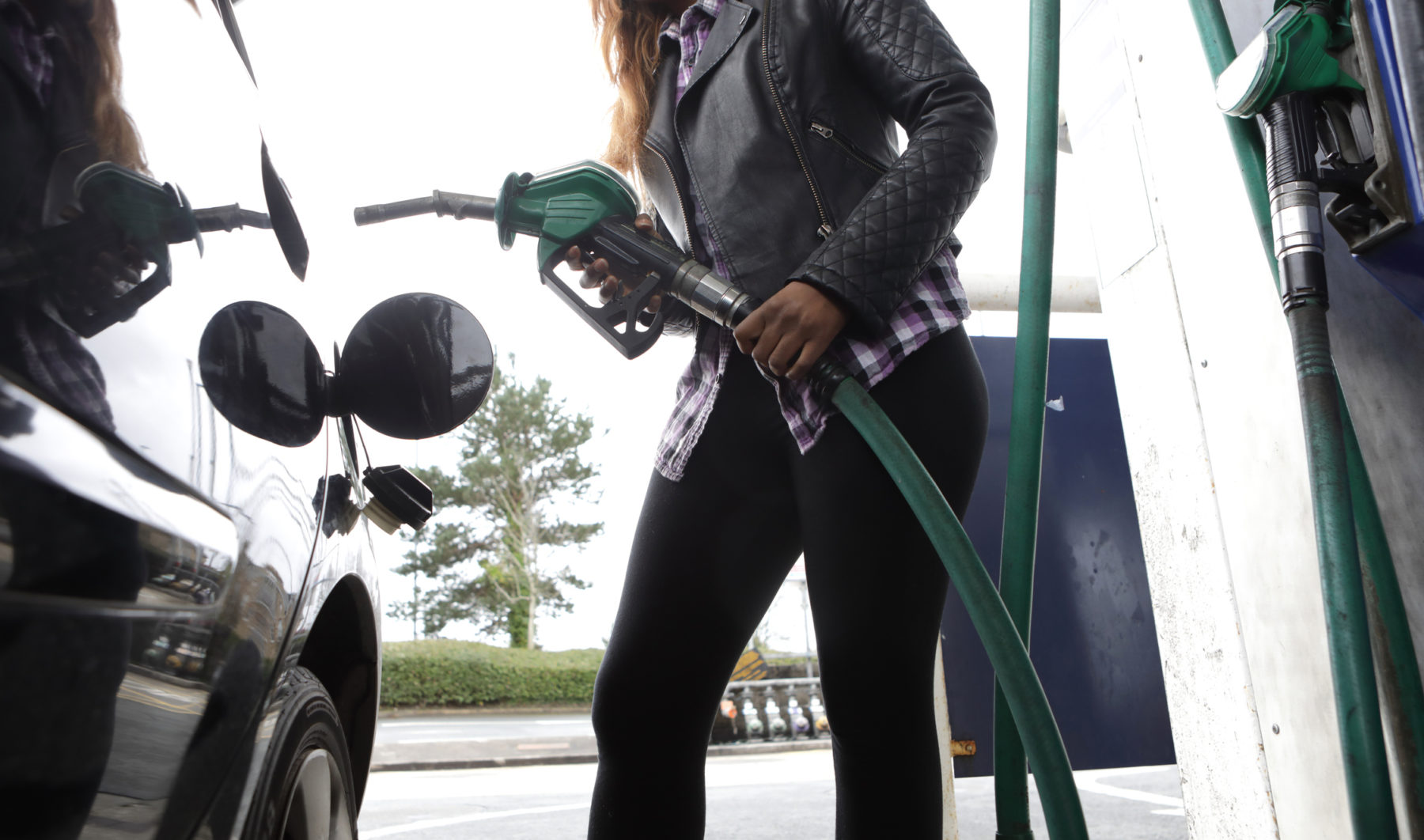South Carolina Gas Prices Dip Lower To Start 2020
Good short-term news … but higher taxes and failed prioritization are still imposing tremendous costs on Palmetto State taxpayers.
Gas prices in South Carolina moved lower to start 2020, offsetting the impact of the latest round of
